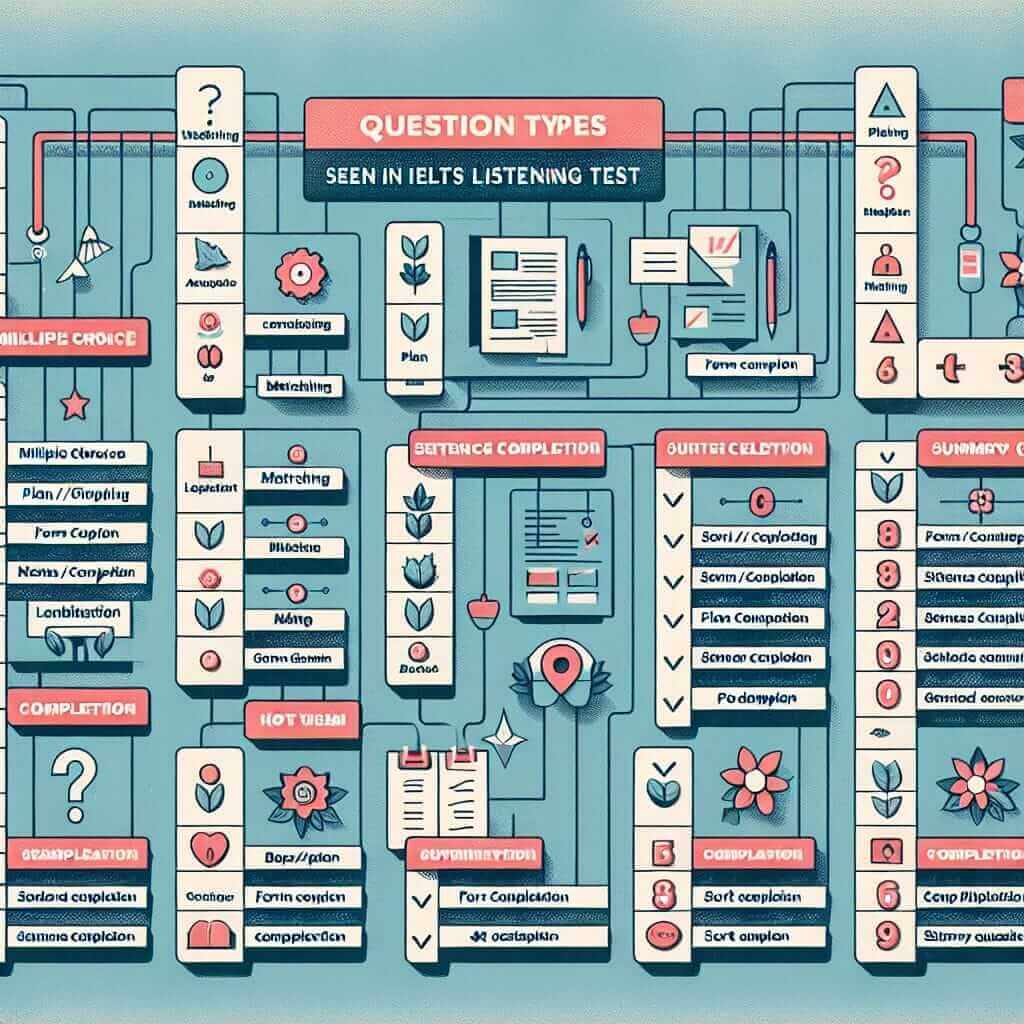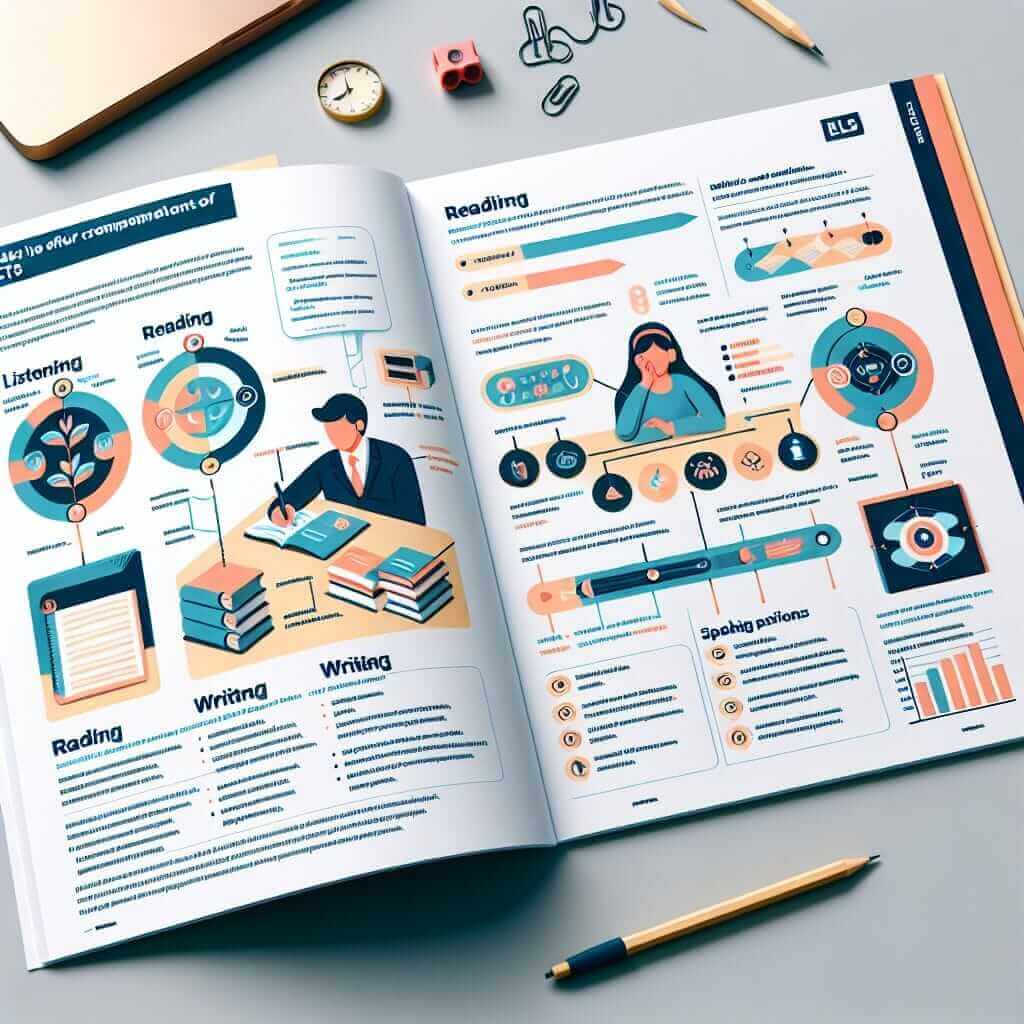Music, a universal language, holds a special place in the IELTS Speaking test. It’s not just about your favorite bands or singers; it’s about demonstrating your English language skills in a relatable and engaging way. As an IELTS instructor with over 20 years of experience, I’ve seen firsthand how discussing music can boost your band score.
Nội dung bài viết
The Significance of Music in IELTS Speaking
The IELTS Speaking test assesses your fluency, vocabulary, grammar, and pronunciation. Music provides a rich tapestry of themes and vocabulary to showcase these skills. Here’s why:
1. Universal Topic:
Music transcends cultural boundaries. Examiners want to hear you speak confidently about familiar topics. Music offers a comfortable starting point, allowing you to demonstrate your vocabulary and fluency naturally.
2. Emotional Connection:
Music evokes emotions and memories. When you talk about music you love, your passion shines through. This enthusiasm can lead to more fluent and expressive language.
3. Vocabulary Enhancement:
Discussing music exposes you to a wide range of vocabulary related to genres, instruments, emotions, and musical experiences. Using words like “melody,” “rhythm,” “upbeat,” or “soulful” demonstrates a broader vocabulary.
Mastering Music-Related IELTS Speaking Prompts
Let’s explore how to effectively tackle music-related questions in the IELTS Speaking test:
Part 1: Short Answers, Big Impact
Expect questions like “Do you like music?” or “What type of music do you enjoy?” Keep your answers concise but detailed:
- Example: Instead of just saying “I like pop music,” say “I’m drawn to pop music because of its catchy melodies and relatable lyrics about everyday life.”
Part 2: The Power of Storytelling
You might be asked to describe a memorable musical experience or a favorite song. Structure your response like a story:
- Introduction: Briefly set the scene and introduce the music.
- Body: Describe the experience using vivid language and sensory details. Explain why it was significant.
- Conclusion: Summarize your feelings and the lasting impact.
Part 3: Deeper Discussion
Prepare for more abstract questions like “How has music changed over time?” or “What is the role of music in society?” Express well-reasoned opinions and support them with examples:
- Example: “Music has always been a reflection of society’s values. For instance, protest songs in the 1960s gave a voice to social and political movements.”
 IELTS Music Genres
IELTS Music Genres
Real Exam Examples
- Part 1: “What kind of music did you listen to as a child?”
- Part 2: “Describe a time when music had a profound impact on you.”
- Part 3: “Do you think technology has had a positive or negative influence on music?”
Tips for Success
- Expand Your Musical Vocabulary: Familiarize yourself with terms like “genre,” “tempo,” “harmony,” and “lyrics.”
- Practice Speaking about Music: Talk about your favorite artists, concerts, or musical memories with friends or record yourself.
- Listen Actively: Pay attention to lyrics, instruments, and emotions conveyed in different genres.
- Be Authentic: The examiners want to hear your voice and opinions.
Conclusion
Music provides a fantastic avenue to demonstrate your English language proficiency in the IELTS Speaking test. By embracing music-related topics, you can showcase your fluency, vocabulary, and ability to express yourself with passion and clarity. Remember to practice, be yourself, and let your love for music shine through!


